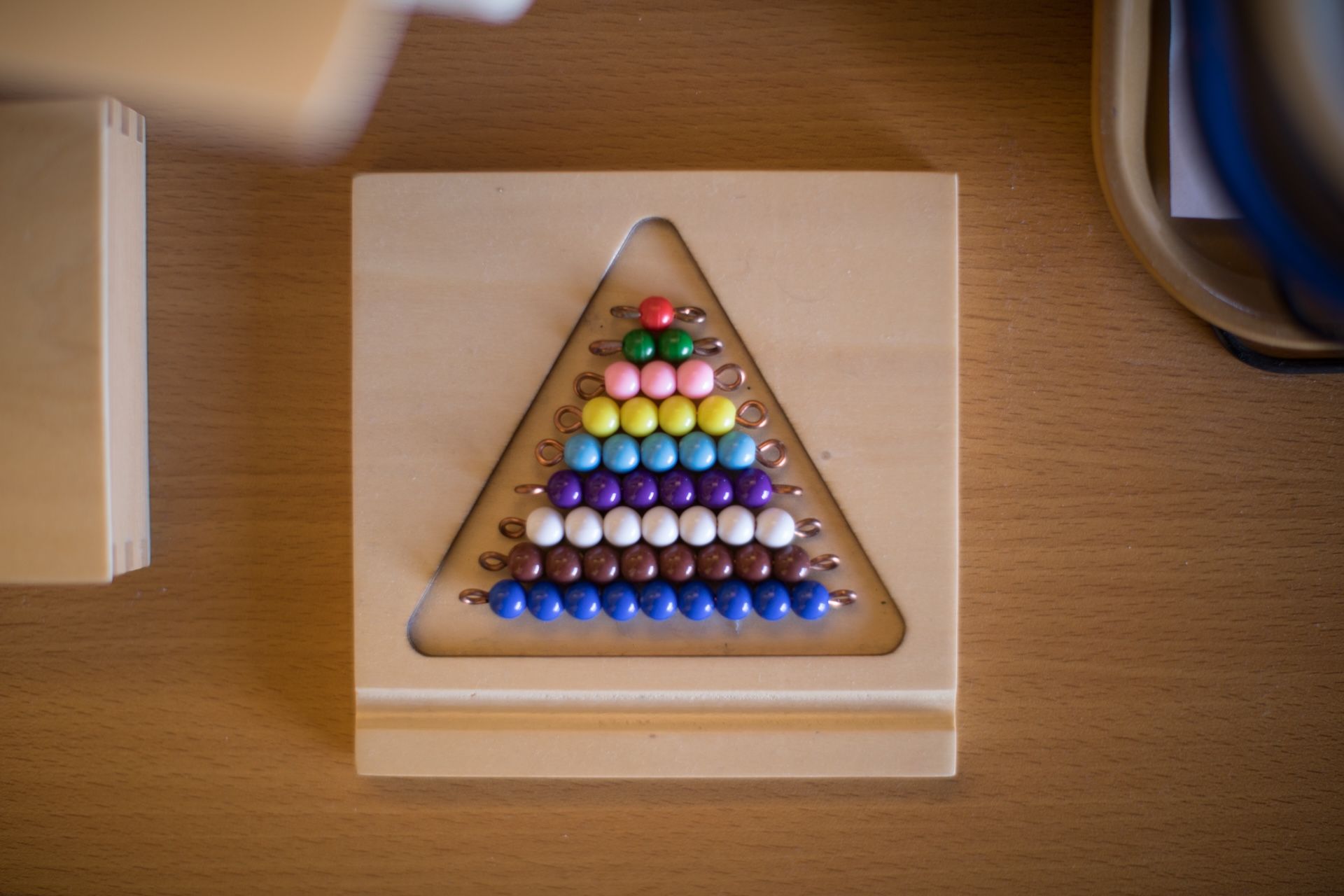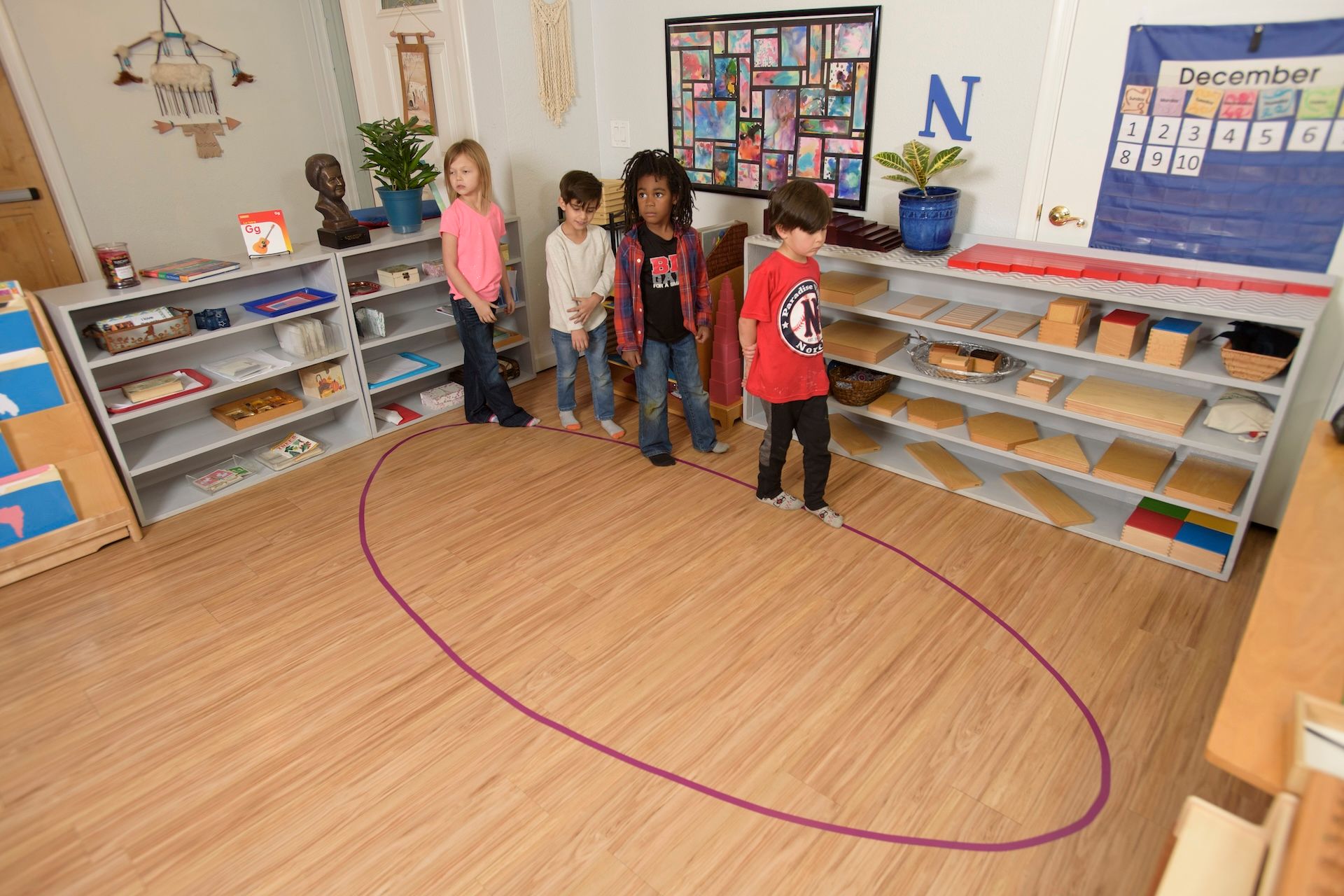We lose touch with the natural world due to our man-made environment. We lose a sense of its presences, its wonder, and its importance. Detachment makes apathy about its condition much easier. Early childhood educators have been insisting on environmental education as part of modern public schooling since the 1990s, but most schools still have a limited curriculum that only enters a child’s education periodically.

Even before most citizens began to be concerned about the possible long-term environmental effects of urbanization, Montessori education understood the importance of connecting children to green things. Most Montessori schools provide at least some time outdoors. In order to foster the greatest connection to the earth, having a school garden is critically important.
Self-Esteem Building
From a purely scientific perspective, gardening is an excellent learning tool to observe different stages of plant development, setting them up for a critical understanding of the cycle of life. Gardening is an activity unlike many others, where children have an opportunity to create and tend a living thing. When they participate in this activity, everything is real. This is one of the most basic principles of Montessori, as well as the reason for the insistence on using real wood and glass. Outside in nature, things are still fragile and breakable. Children are working with real live plants and learn that they can be hardy but delicate.
The difficulties and successes of growing a plant parallel with the practical difficulties of facing challenging situations. Planting a seed is like trying something new, saving money, or reaching long-term, multi-part goals. The seed is full of all the potential but being a seed isn’t enough. A seed needs to be nurtured and kept safe. The progress is invisible at first but then, after weeks of careful tending, sprouts begin to emerge. The plant takes shape. In the same way, the benefit of learning to play an instrument or affording a down payment on a house isn’t immediately apparent—it takes time, work, and diligence.
Beyond the Individual
Environmental stewardship is a core tenet of Montessori education because of its importance to the future. Adults may make decisions now but some day, the smallest among us has the potential to make the biggest difference. Connecting with nature from a young age solidifies the understanding of its value and the necessity of its continuation. In addition, Montessori school makes these events community activities—schools have gardens but may also participate in “no trash lunch” days, compost, or recycling as groups. Although the children learn the individual responsibility of stewardship, the schooling atmosphere builds an understanding that the power of the one is maximized when working together, making them more likely to lead communities in environmental efforts.
The skills they develop even extend beyond conservation and a love of nature. When the children are charged with caring for the plants, they’ll only be able to make observation to see which are struggling and which aren’t. Because there is no verbal communication, the child’s perception of a plant’s state is based entirely on nonverbal assessments. Exercises like these can increase empathy for people and other living things.
The problems of our planet appear to be getting more serious before they’re being alleviated. Getting in touch with nature isn’t just about embracing the beauties that surround us. It’s about knowing the value of plants and understanding their stake. Montessori educators are working tirelessly, through the magic of gardening, to give our children a more vested interest in the future of our planet. As they move forward through life, they will help create a better world for all of us.
The post Gardening and the Nature Connection appeared first on Pebblecreek Montessori.
Hours
MONDAY - FRIDAY
HALF DAY: 8:30a – 12 noon
ACADEMIC DAY: 8:30a – 3:30p
EARLY CARE: 7:00a – 8:30a
AFTER CARE: 3:30p – 6:00p
OFFICE: 8:00a - 4:00p
Programs
Connect
Pebblecreek Montessori




